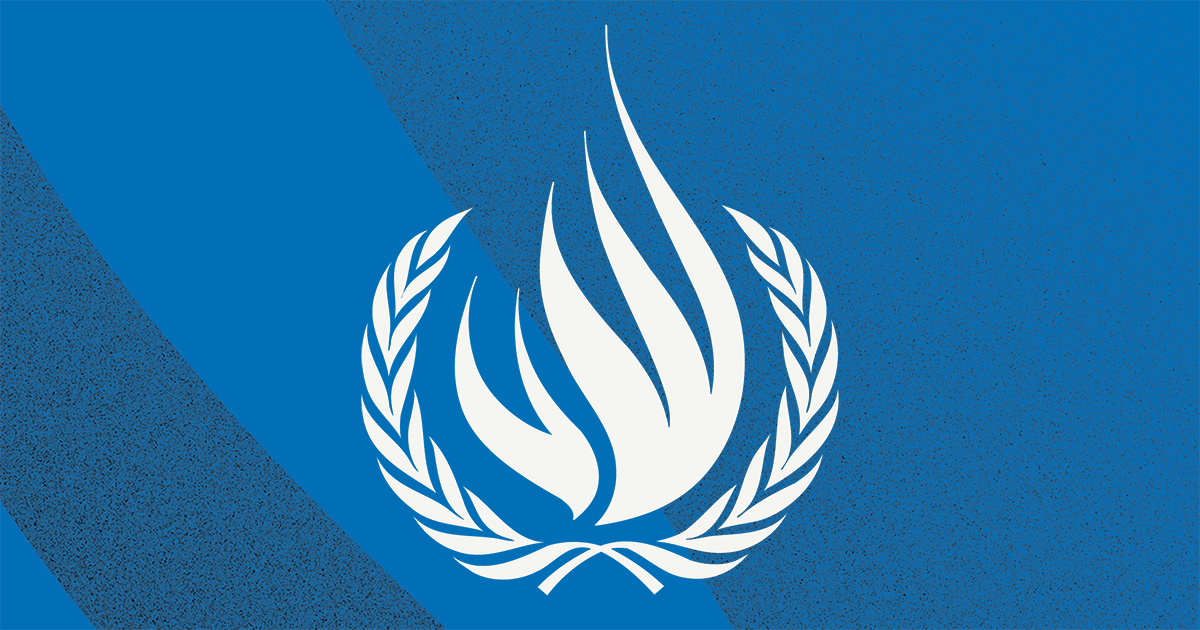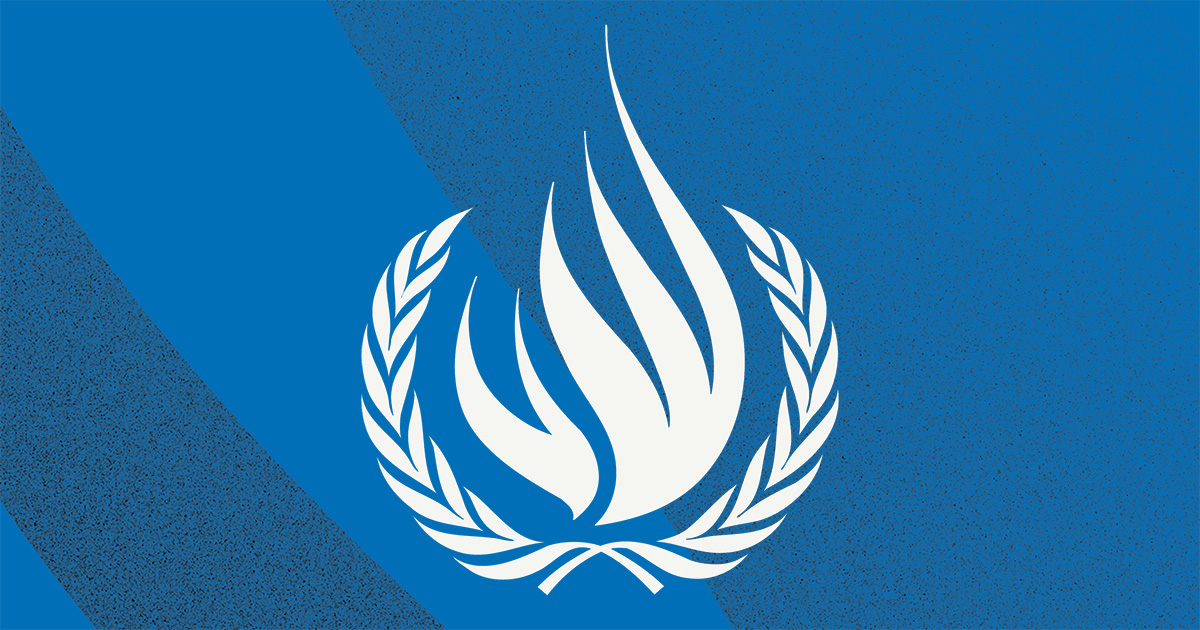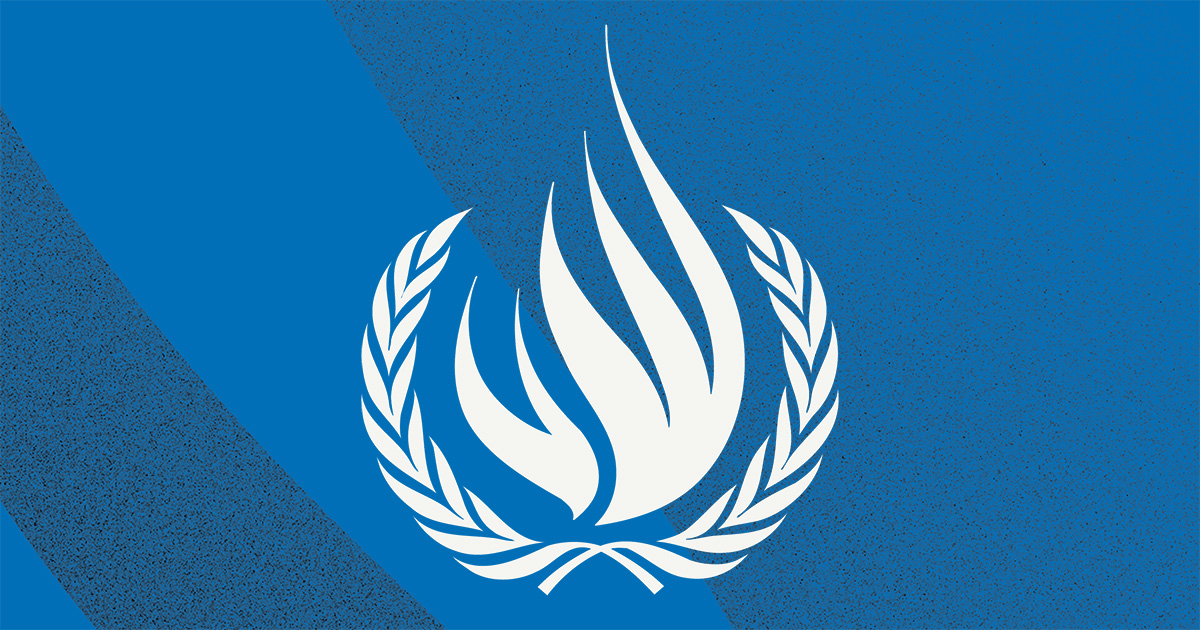
GENEVA (18 November 2022) – UN experts today urged intensified efforts to combat persisting prevalence of violence, exploitation, abuse, trafficking, torture and harmful practices against children, and stressed the importance of healing and justice for victims and survivors. Marking the first World Day for the Prevention of and Healing from Child Sexual Exploitation, Abuse and Violence, the experts made the following statement:
“Child sexual exploitation, abuse and violence is a global emergency, which requires a concerted global response. Millions of children worldwide continue to be the victims of such crimes. Today is a reminder for States and the international community to increase public awareness of this phenomenon. This is an opportunity to eliminate all forms of child sexual exploitation, abuse and violence, both online and offline, to enhance the protection of children and to bring perpetrators of exploitation and abuse to justice.
In the global context of multiple challenges such as the post-COVID-19 pandemic, conflicts, climate change and disasters, inadequate action or measures to address the root causes, such as rising inequalities, deepening poverty, and structural discrimination on intersecting grounds, continue to exacerbate the situations that expose children to exploitation, abuse and violence. Child victims and survivors of such crimes can face long-lasting negative impacts on their physical, mental, and sexual health and development. Such trauma on children may even amount to torture and other cruel, inhuman or degrading treatment.
We are particularly concerned that individuals, institutions and agencies that are meant to care, protect and provide for children sometimes perpetuate this violence. We urge States to substantiate the best interests of the child as well as take measures to promote physical, psychological recovery and social reintegration of child victims and survivors, in an environment which fosters the health, self-respect and dignity of the child, while addressing weaknesses in protection systems.
The rights of child victims and survivors are often left out of the process of redressing harms and reparation, which exposes them to the peril of secondary victimization. States must therefore ensure that the views of children are heard and that their perspective is taken into consideration during the course of reparation.
Genuine remedy for the child victims and survivors, in line with the UN Basic Principles and Guidelines on the Right to a Remedy and Reparation, would mean ensuring the delivery of various forms of reparation, including restitution, compensation, rehabilitation, satisfaction and guarantees of non-recurrence. Towards this end, States, international and regional entities, community actors including faith-based leaders, civil society organisations, and the private sector, must integrate a child-centred, trauma-informed and gender-sensitive lens while delivering reparation for child victims and survivors. Greater awareness of child sexual abuse, child trafficking, exploitation and violence should be a part of public health policies and programmes, including through educational institutions.
A robust legal framework, accountability measures and adequate trainings to law enforcement officials and the justice sector on child sensitive measures should be ensured. States Parties should also prioritise collaboration at regional and international levels to prevent child sexual exploitation and violence, as well as protect child victims and survivors impacted by the transnational nature of such crimes.
At the close juncture to mark the 33rd anniversary since the adoption of the Convention on the Rights of the Child (CRC) on 20 November, we urge all States to take steps towards ratifying and implementing expeditiously the CRC and its three optional protocols.”
* The experts: Ms. Mama Fatima Singhateh, Special Rapporteur on sale and sexual exploitation of children; Mr. Fabian Salvioli, Special Rapporteur on the promotion of truth, justice, reparation and guarantees of non-recurrence; Mr. Tomoya Obokata, Special Rapporteur on contemporary forms of slavery, including its causes and consequences; Ms. Tlaleng Mofokeng, Special Rapporteur on the right of everyone to the enjoyment of the highest attainable standard of physical and mental health;Ms. Reem Alsalem, Special Rapporteur on violence against women and girls, its causes and consequences; Ms. Siobhán Mullally, Special Rapporteur on trafficking in persons, especially women and children; Working Group on Discrimination against Women and Girls
The Special Rapporteurs, Independent Experts and Working Groups are part of what is known as the Special Procedures of the Human Rights Council. Special Procedures, the largest body of independent experts in the UN Human Rights system, is the general name of the Council’s independent fact-finding and monitoring mechanisms that address either specific country situations or thematic issues in all parts of the world. Special Procedures’ experts work on a voluntary basis; they are not UN staff and do not receive a salary for their work. They are independent from any government or organization and serve in their individual capacity.
For inquiries and media requests, please contact: Antara Singh (antara.singh@un.org) and Nouf Al Anezi (nouf.alanezi@un.org) or write to hrc-sr-saleofchildren@un.org.
For media inquiries related to other UN independent experts please contact Renato de Souza (renato.rosariodesouza@un.org) or Dharisha Indraguptha (dharisha.indraguptha@un.org).
Follow news related to the UN’s independent human rights experts on Twitter @UN_SPExperts.
Concerned about the world we live in?
Then STAND UP for someone’s rights today.
#Standup4humanrights
and visit the web page at http://www.standup4humanrights.org










